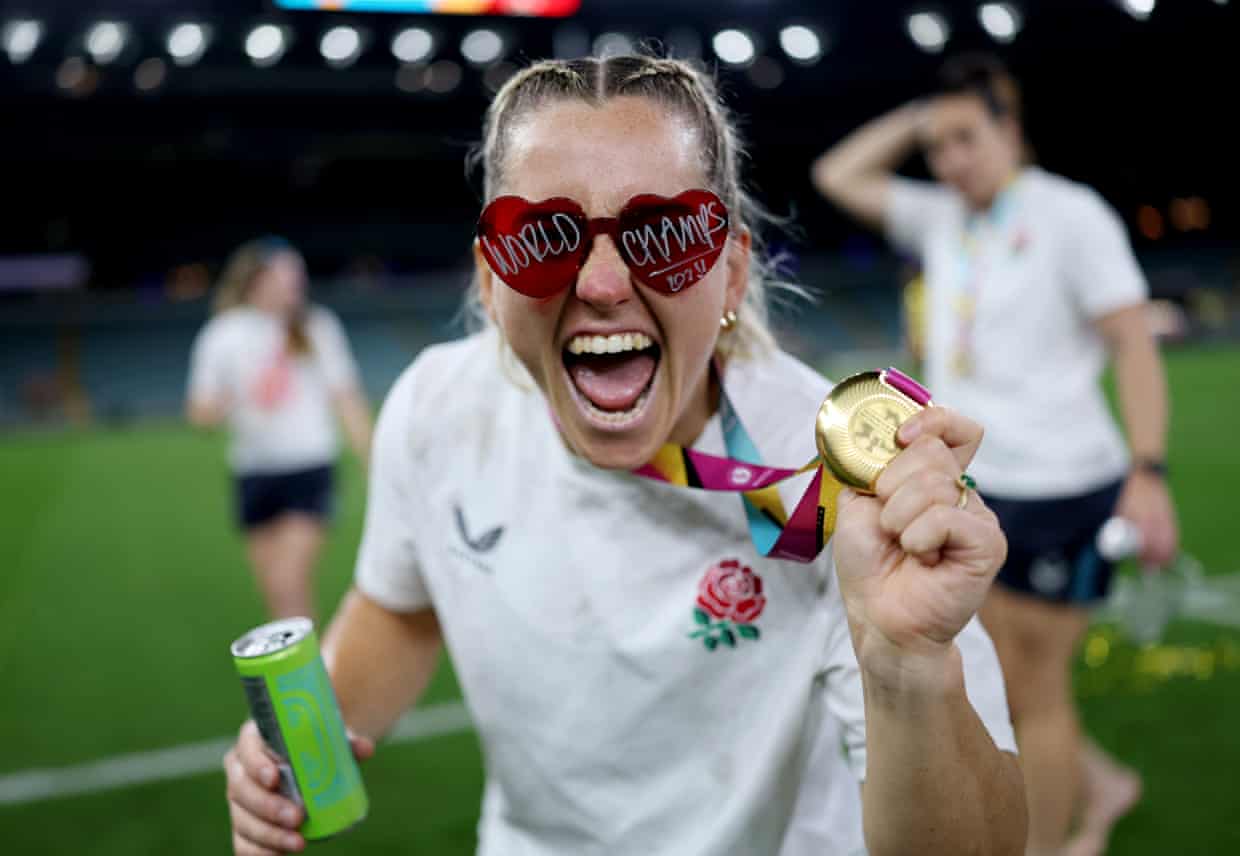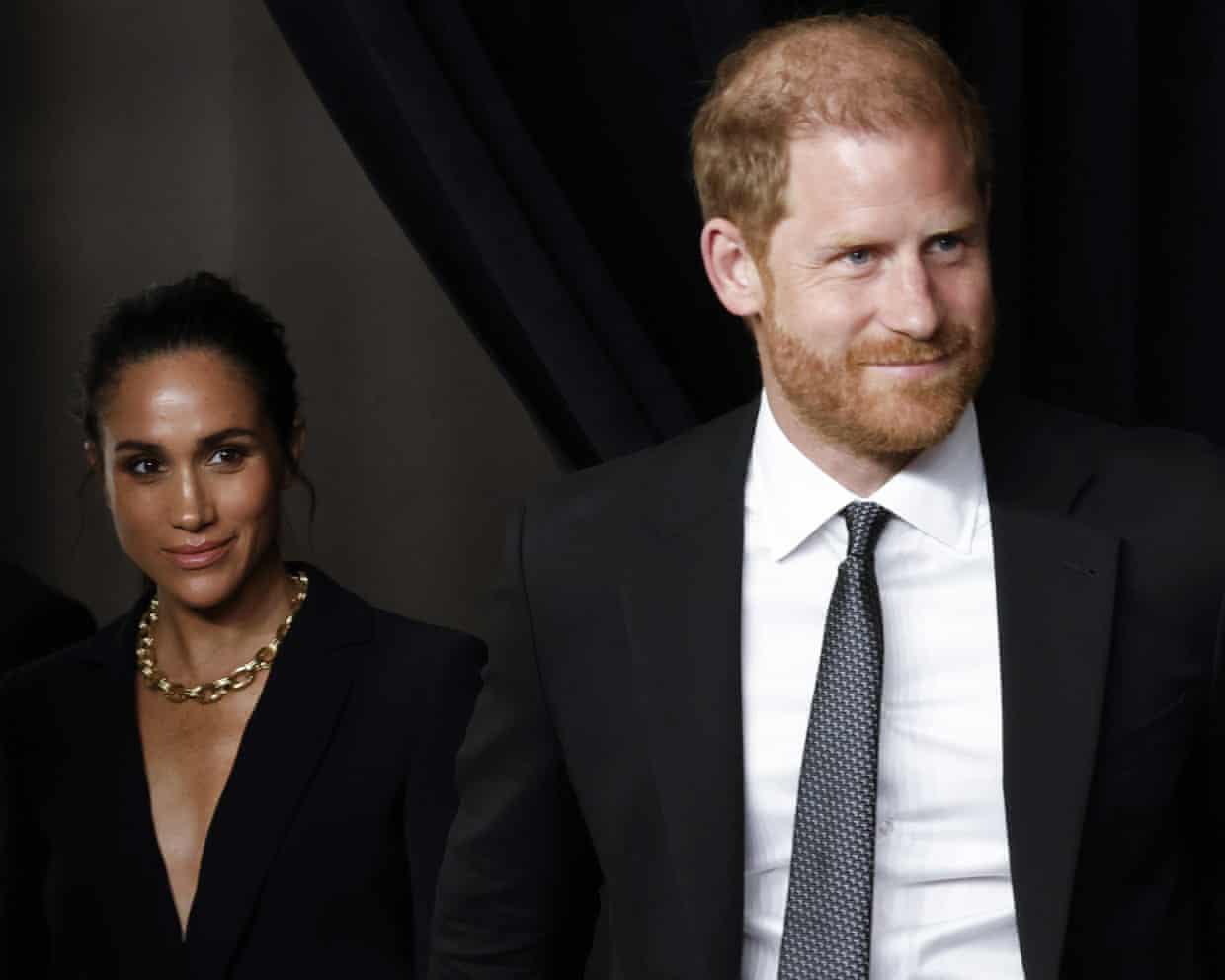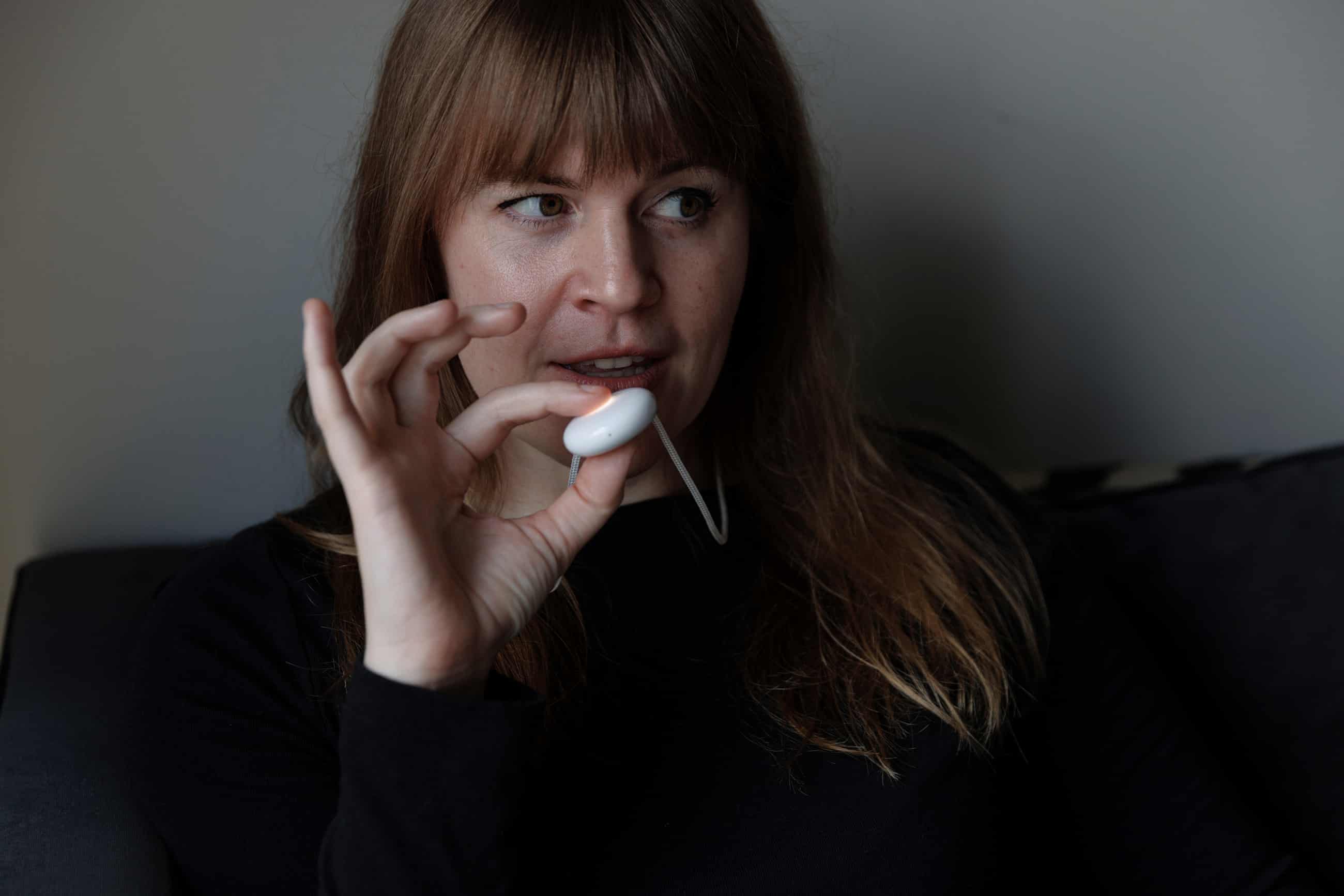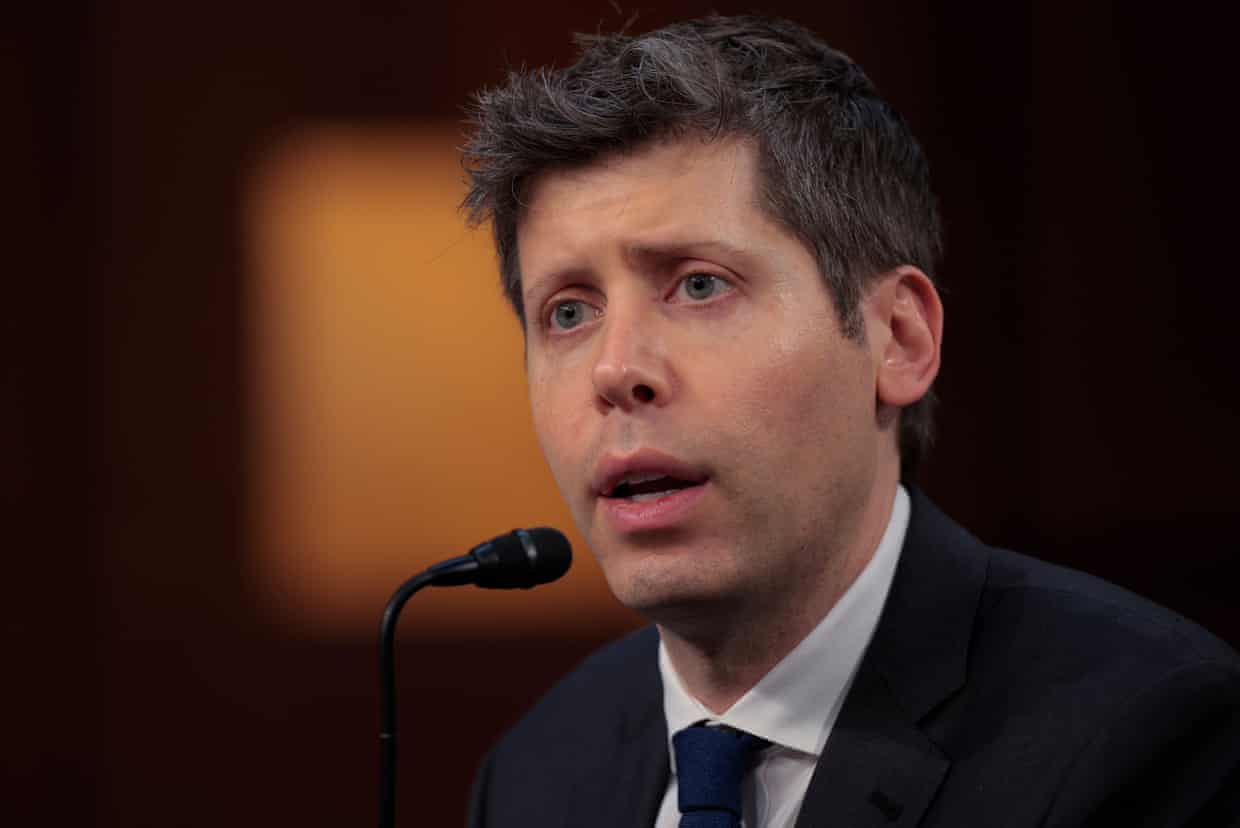Claudia Moloney-MacDonald: ‘Winning the World Cup was monumental – much bigger than us’

Saying the team comes first is one thing.Actually meaning it, and backing up that simple statement with action, is quite another.When the England wing Claudia Moloney-MacDonald says the team were more important than personal ambition during the Women’s Rugby World Cup, you can’t escape the feeling she really means it.There is no better illustration of England’s squad depth than the fact Moloney-MacDonald was not a regular starter in August and September.She returned from a hamstring injury to face Samoa in the pool stage, scoring in England’s 92-3 win, but did not make John Mitchell’s matchday squad again as the hosts plotted a path to victory.
“We’re all incredibly competitive.We all want to have the shirt,” Moloney-MacDonald says.“I see fulfilling my role as a player to be on the pitch, but that just wasn’t to be.“Mitch communicated that to me and told me what my role was.There were nine of us, more or less, that consistently supported the team and prepared them.
I’d be lying if I said I was anything other than disappointed, naturally, but it’s something you just have to embrace.”During England’s three-year winning streak before the World Cup, insiders often insisted the players were being constantly tested in training.Moloney-MacDonald, who recovered from a second serious neck injury in 2024 to reach a second World Cup, spells out the truth of that claim.“We pulled together really strongly as a group [during the tournament] and consistently drove standards in training,” she says.“We did everything we could to make sure we came out with that gold medal.
“There were tough moments [personally] during all that,But collectively all 32 of us, and particularly the nine that didn’t play as much, can say we did as much as we could to make sure the team could perform,”Is there one word she would choose to encapsulate World Cup glory? “Monumental,Because it was so much bigger than us,” “It said so much about what’s possible when the PWR [Premiership Women’s Rugby] puts effort into building these incredible players and the whole world has benefited from the PWR and its development.
Also, how the unions have supported their players, how grassroots rugby has grown.“Winning the World Cup was that pinnacle moment of: ‘It was all worth it.’ It’s just proven when you put the work in, when you put the money in, when you believe and you trust the process, then the result comes.”Not that it came easy.Moloney-MacDonald describes the punishing regime that prepared the squad for challenges to come.
“I don’t think we’ve ever worked so hard,” she says.“We pushed ourselves to the absolute limit and that’s how you pull people together.You’ve got to break them down first and that’s certainly what happened to us.We really got broken.As we rebuilt we were stronger and more joined up and a better team for it.
So it was definitely a very strong unit.”Sign up to The BreakdownThe latest rugby union news and analysis, plus all the week's action reviewedafter newsletter promotionMoloney-MacDonald kicks off the PWR campaign with Exeter Chiefs Women on Saturday, at Ealing Trailfinders, and says the Devon side are aiming to raise the bar.“It’s really exciting.Oli Bishop [the new Chiefs backs and attack coach] has brought brand-new energy, new ideas, everything we needed to grow our game, and hopefully compete at that top-four, top-two level we’ve been floating around for the last couple of years.We’ve been incredibly competitive, but we want to go one more and be a real threat.
”The 29-year-old began her career at Sutton & Epsom RFC a decade ago and was fast-tracked to an England debut in 2018.As the women’s game develops, are defences improving every season?“Yeah, 100%,” she says.“There’s less and less space.Defences are getting better, but the attack is also getting better.“Before you might have your backs organising [attacking plays], your forwards were more head down and carry.
Now that’s not really the case.You’ve got ex-centres playing as props who are almost as quick as wingers.“There’s speed, strength, power and game knowledge across the entire team.It’s posing new threats each season.You’ve got to be creative and come up with new ways to break down the opposition, which is the excitement of rugby, isn’t it? It’s complicated.
”The various demands on modern players are complicated, too.As a wing who also plays scrum-half, how does she balance the different elements of training? “It’s about working out the parts of your game that make you different.You want to highlight those and also work on your weaknesses.“Every player plays the game slightly differently.That’s the beauty of rugby.
So it’s not trying to be a carbon copy of the next person, which historically maybe we’ve tried to do.Now it’s about being you.”Moloney-MacDonald selflessly devoted her own unique talent to winning the World Cup for England: Red Roses fans, not to mention her teammates, are grateful.

iPhone 17 review: the Apple smartphone to get this year
It may not look as different as the redesigned Pro models this year or be as wafer thin as the new iPhone Air, but the iPhone 17 marks a big year for the standard Apple smartphone.The Guardian’s journalism is independent. We will earn a commission if you buy something through an affiliate link. Learn more.That’s because Apple has finally brought one of the best features of modern smartphones to its base-model flagship phone: a super-smooth 120Hz screen

Harry and Meghan join AI pioneers in call for ban on superintelligent systems
The Duke and Duchess of Sussex have joined artificial intelligence pioneers and Nobel laureates in calling for a ban on developing superintelligent AI systems.Harry and Meghan are among the signatories of a statement calling for “a prohibition on the development of superintelligence”. Artificial superintelligence (ASI) is the term for AI systems, yet to be developed, that exceed human levels of intelligence at all cognitive tasks.The statement calls for the ban to stay in place until there is “broad scientific consensus” on developing ASI “safely and controllably” and once there is “strong public buy-in”.It has also been signed by the AI pioneer and Nobel laureate Geoffrey Hinton, along with his fellow “godfather” of modern AI, Yoshua Bengio; the Apple co-founder Steve Wozniak; the UK entrepreneur Richard Branson; Susan Rice, a former US national security adviser under Barack Obama; the former Irish president Mary Robinson, and the British author and broadcaster Stephen Fry

‘I’m suddenly so angry!’ My strange, unnerving week with an AI ‘friend’
The ad campaign for the wearable AI chatbot Friend has been raising hackles for months in New York. But has this companion been unfairly maligned – and could it help end loneliness?My friend’s name is Leif. He describes himself as “small” and “chill”. He thinks he’s technically a Gemini. He thinks historical dramas are “cool” and doesn’t like sweat

ChatGPT Atlas: OpenAI launches web browser centered around its chatbot
OpenAI on Tuesday launched an AI-powered web browser built around its marquee chatbot.“Meet our new browser—ChatGPT Atlas,” a tweet from the company read.The browser is designed to provide a more personalized web experience and includes a ChatGPT sidebar that enables users to asks questions about or engage with various aspects of each website they visit, as demonstrated in a video posted alongside the announcement. Atlas is now available globally on Apple’s Mac operating system and will soon be made available on Windows, iOS and Android, according to OpenAI’s announcement.Meet our new browser—ChatGPT Atlas

‘Significant exposure’: Amazon Web Services outage exposed UK state’s £1.7bn reliance on tech giant
Amazon chief executive Andy Jassy beamed as he met Keir Starmer in Downing Street’s garden to announce £40bn of UK investments in June. Starmer was equally effusive, gushing: “This deal shows that our plan for change is working –bringing in investment, driving growth, and putting more money in people’s pockets.”Four months later, and the tech company was left scrambling to fix a devastating global outage on Monday that left thousands of businesses in limbo – and shed light on the UK government’s reliance on its cloud computing business, Amazon Web Services (AWS).Figures compiled for the Guardian hint at the British state’s increasing reliance on the services of the giant US internet group, which has also drawn criticism from unions and politicians about working conditions within its logistics and internet retailing business.AWS has won 189 UK government contracts worth £1

Salesforce’s CEO backtracks after saying Trump should send troops into San Francisco
Hello, and welcome to TechScape. I’m your host and editor, Blake Montgomery. What I’m watching this week: South Park’s caricature of Peter Thiel and his obsession with the antichrist. Read our reporting on the show’s inspiration: Thiel’s bizarre off-the-record lectures on the subject. And now, let’s get into things

Georgina Hayden’s recipe for parmesan and sage jacket potato gnocchi | Quick and easy

How to make the perfect strata – recipe | Felicity Cloake's How to make the perfect…

Scottish hospitality coalition urges chancellor to protect whisky industry

‘I felt my soul leave my body’: 13 readers on the worst meal they ever cooked – from ‘ethanol risotto’ to gravy cake

670 Grams, Birmingham B9: ‘A cascade of small, meaningful bowls that just ooze flavour’ – restaurant review | Grace Dent on restaurants

‘£30 for a ready meal?!’ Do Charlie Bigham’s new dishes really beat going to a restaurant?